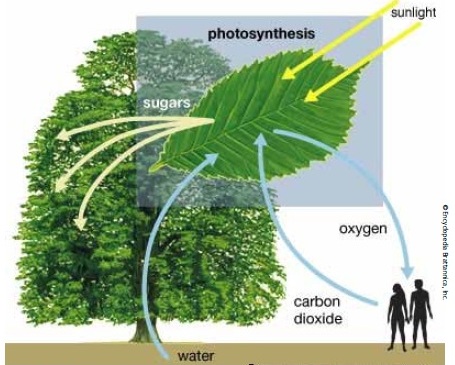Technical Note BB18: Bioenergy is carbon neutral
 IPCC Guidelines consider biomass used for energy to be carbon neutral if from organic waste and plantation forests.
IPCC Guidelines consider biomass used for energy to be carbon neutral if from organic waste and plantation forests.
Biomass used for energy can arise from liquid or solid organic waste streams; forest residues after extraction of logs; crop residues after harvest; or purpose-grown energy crops.
A natural forest remains carbon neutral over millennium with trees dying and new ones growing to replace them as well as the soil carbon recycling and remaining at constant levels. The exception is loss of biomass (and hence reduction in carbon stock) from degradation by external influences such as deer or possum browsing. While the use of biomass sourced from organic waste and plantation forestry are considered to be carbon neutral the Intergovernmental Panel on Climate Change (IPCC) Guidelines do not automatically consider biomass used for energy as "carbon neutral," even if the
biomass is thought to be produced sustainably
